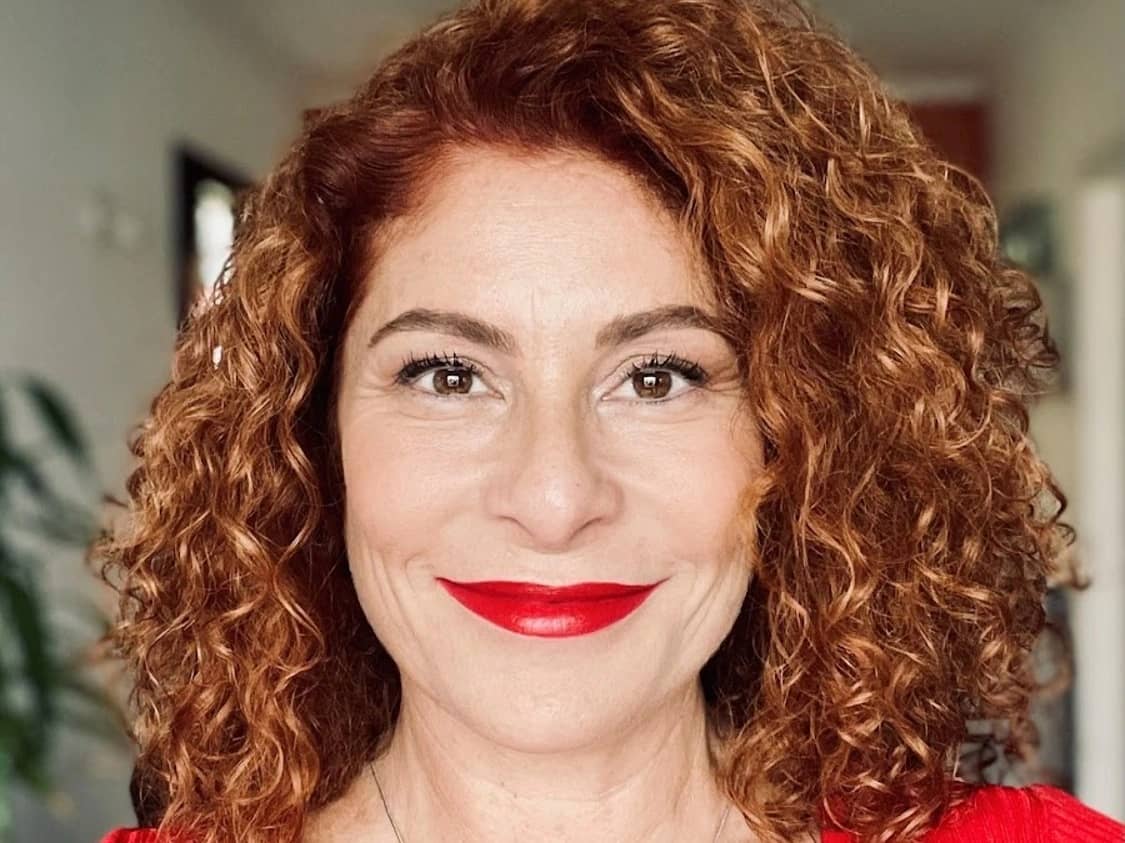订阅 wiki
Share wiki
Bookmark
Emilia Malgueiro Campos
Emilia Malgueiro Campos
Emilia Malgueiro Campos 是一位 区块链 和 加密货币 法律教授、律师,也是 Malgueiro Campos Zardo Advocacia 的创始合伙人之一,该公司是一家专注于数字法律、Web3、新技术和商业合同的律师事务所。 [1][2]
教育背景
Campos 于 1997 年 12 月毕业于圣保罗大学。2013 年,她参加了托马斯杰斐逊法学院的法律交流教育项目 (LEEP)。2017 年,她获得了尼科西亚大学的数字货币和区块链技术理学硕士学位。她还在 2016 年获得了圣保罗商学院的 EMBA 学位。 [3]
职业生涯
Emilia Campos 从 1999 年到 2003 年在 Danneman Simensen 担任律师,开始了她的法律职业生涯,专门从事知识产权。然后,她从 2004 年到 2005 年在 Gusmão & Labrunie 担任高级律师,专注于知识产权、合同管理和民事诉讼。从 2005 年到 2007 年,她继续在 De Vivo, Whitaker, Castro e Gonçalves Advogados 从事知识产权工作。 [4][5]
从 2007 年到 2010 年,Campos 在 Biolab Sanus Farmacêutica 担任律师,管理知识产权、法规遵从和合同。然后,她于 2010 年加入 Veirano Advogados,担任高级助理至 2014 年,专注于知识产权、技术转让和合同管理。2016 年,Campos 共同创立了 Malgueiro Campos Zardo Advocacia。她还担任过学术职位,于 2019-2020 年在 FIAP 教授 区块链 技术,并于 2023 年在 LEC - Legal, Ethics & Compliance 讲授 加密货币 法律。2024 年,她加入 Ibmec,担任数字金融 MBA 项目的教授,专注于虚拟资产和金融监管。 [4][5]
小组讨论
今日去中心化
在 2024 年里约热内卢 Web Summit 的 Web3 阶段开幕致辞中,Campos 讨论了社会去中心化的演变及其在 Web3 背景下的重要性。她强调说,早期的社会是去中心化的,小群体使用自己的货币,直到农业引入了复杂性和中心化的权威。Campos 解释说,像印刷机这样的技术,以及最近的 Web3 技术,通过允许去中心化的通信、法律、生产和金融,使回归去中心化模式成为可能。她引用了各种研究,包括 Johan Govers 的“去中心化社会的四大支柱”,强调通过现代技术,去中心化的通信、法律、生产和金融现在是可以实现的。Campos 最后鼓励观众探索旨在创建一个更加去中心化和自由的社会的 Web3 项目。 [6]
加密货币发展
Campos 讨论了 加密货币 领域的一些关键发展。她强调了 SEC 批准 以太坊 ETF,这表明美国监管立场更加积极,这在德克萨斯州奥斯汀举行的 Consensus 活动中产生了乐观情绪。Campos 指出,监管讨论非常重要,尤其是在即将到来的美国大选和候选人在 加密货币 方面的立场。她还介绍了巴西中央银行的最新情况,该银行概述了推进 加密货币 法规的时间表,预计最终文本将于 2025 年完成。在 Consensus 上,Campos 观察到,由于巴西与美国和欧洲相比具有有利的监管环境,国际公司对巴西市场的兴趣日益浓厚。她还讨论了 CVM 对 Atlas 欺诈活动的重要裁决,这标志着巴西 加密货币 领域的一项值得注意的监管行动。 [7]
巴西加密货币
Campos 讨论了 PL 4101 的批准,这是一项监管巴西 加密货币 资产服务提供商市场的法律。她解释说,该法律最初于 2015 年提出,但面临重大延误和修正案,削弱了其有效性。Campos 认为,该立法未能明确定义所有市场参与者,并且将交易 加密货币 的公司从其库存中排除在关键的合规要求之外,例如 反洗钱 义务。关键的保护措施,包括用户和交易所资产的分离,被否决,引发了对用户安全的担忧。Campos 强调,该法律颁布后,中央银行现在有六个月的时间来制定详细的法规。她对立法过程表示失望,但仍然希望中央银行能够解决该法律的缺点。 [8]
加密货币税
Campos 与 Ana Paula Rabello 讨论了 2021/2022 年期间巴西 加密货币 所得税申报的变化。他们讨论了专门为 加密货币 引入新的税收代码,包括 比特币 的专用代码,以及更新的最低申报门槛 5,000 巴西雷亚尔。Campos 和 Rabello 强调需要准确记录交易、个人和企业之间税务报告的差异,以及寻求专业建议的重要性。他们强调了不正确税务申报的后果,并强调需要合规和规范化,以避免与税务机关发生法律问题。 [9]
发现错误了吗?
